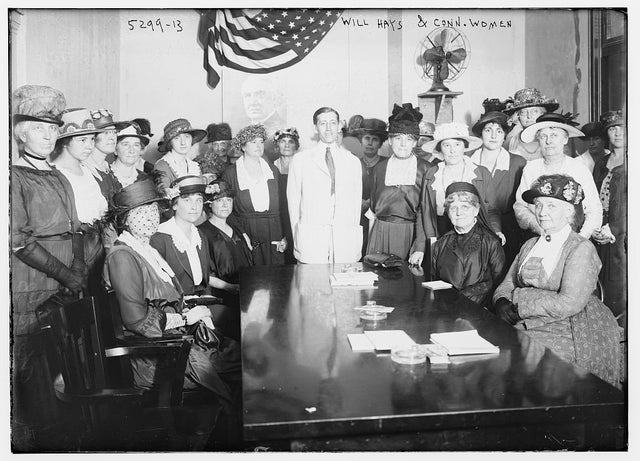Finally got around to watching the movie Selma Friday night. It was well done. It's been criticized for the portrayal of the LBJ-MLK relationship as more confrontational and less collaborative than it was.
The DVD included two newsreel clips from the time of the marches. There was an interesting contrast between what the movie showed and what the newsreels provided.
- In the first newsreel, the focus was on the death of Rev. James Reeb, a white minister, was beaten and died after participating in the first march. He became a martyr and triggered an influx of whites to participate in the second march. The movie shows him, his beating, and the results very quickly; understandably because the focus is on MLK. The newsreel people likely didn't have access to the internal deliberations of the marchers so they went with the most drama.
- The second newsreel shows the second march. Where the movie portrays the marchers approaching the line of troopers, the withdrawing of the troopers, and MLK's prayerful decision to turn around very dramatically, the newsreel says there was a consultation between MLK and the major commanding the troopers and a previous agreement that the march would not proceed. In this case the movie went with the drama, possibly or likely distorting the true history.
